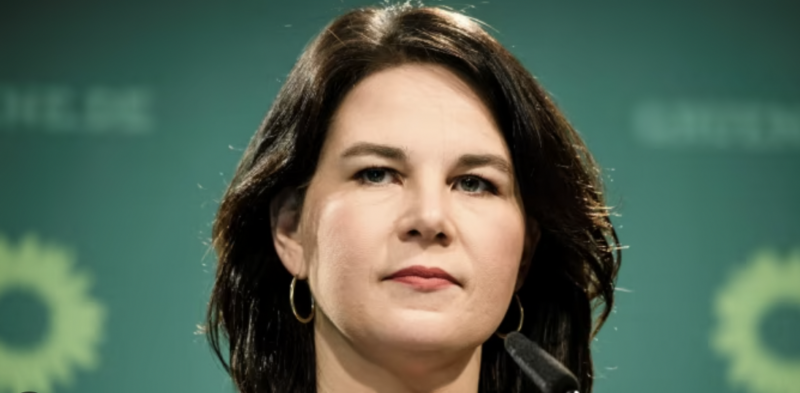Germany’s Foreign Minister Annalena Baerbock has once again pushed for increased migration, arguing that without it, Germany’s future is at risk due to low birth rates. Speaking at the reopening of the German embassy in Damascus, Syria, she emphasized the need for more German-speaking migrants to sustain the country’s workforce and economy.
“Germany doesn’t have a strong birth rate, so we need migrants; otherwise, our country won’t function in the future,” Baerbock stated on March 24. She stressed the importance of German-language education worldwide to facilitate migration.
Baerbock’s ambitions extend beyond national policy—she is set to become UN General Assembly President in 2025/26, having controversially replaced diplomat Helga Schmid. Critics have called the move shameless political maneuvering.
Her visit to Syria wasn’t without controversy. Earlier this year, she was snubbed by Syrian President Ahmed al-Sharaa, who ignored her handshake while greeting France’s foreign minister. Many saw this as a capitulation to radical Islam, raising questions about Baerbock’s so-called “feminist foreign policy.” Reports suggest al-Sharaa refused to acknowledge her again during this latest trip.
Despite ongoing human rights concerns in Syria, Germany and the EU continue to back the new regime. Between March 6 and 9, mass killings were reported in the Alawite region, with over 1,000 deaths linked to violent clashes between government forces and Assad loyalists. Disturbing footage surfaced of Sunni Islamist militants calling for the ethnic cleansing of Alawites, as well as videos showing the humiliation of Christians.
Nevertheless, the EU pledged €2.5 billion to Syria for what it calls a “successful transition” of the government. Germany has contributed €50 million for food and medicine, in addition to €8 million in humanitarian aid. Meanwhile, Berlin insists it will judge the HTS militia by its actions, despite concerns about Islamist extremism gaining ground under the new leadership.
Baerbock’s unwavering push for open migration and diplomatic ties with questionable regimes raises serious concerns about Germany’s priorities. While the country faces demographic challenges, blindly embracing migration without safeguarding national identity and security may create more problems than it solves.




